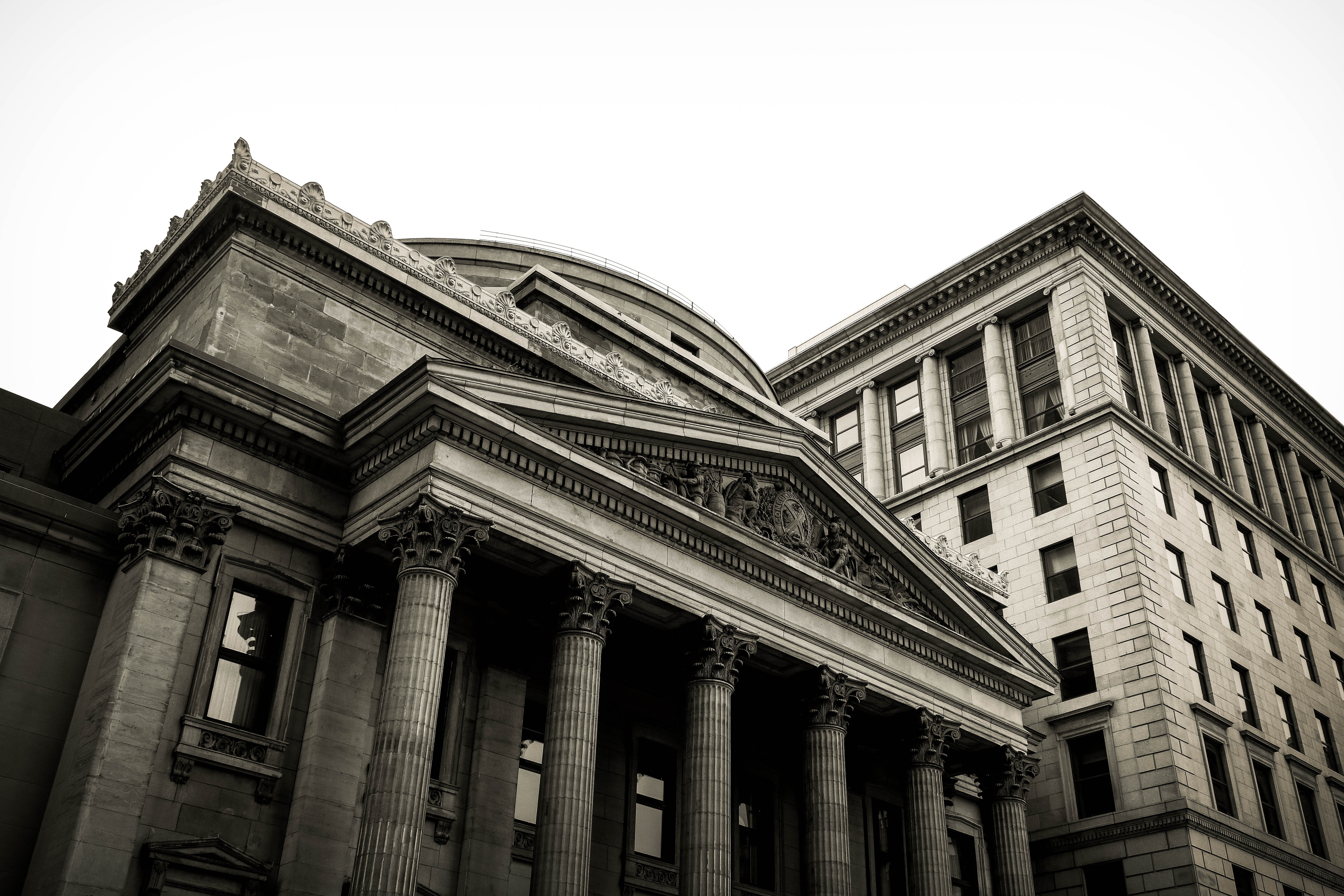The Bitcoin Bubble
Howdy fellow Steemians!
How have the holidays been - or are you still enjoyin' them?
We took a break for the last few days to get some much needed rest, and we're back with some more controversial issues.
In our last post we covered the Bitconnect "scam" and have given our opinion on the matter.
In this post we are going to tell you a story and explain what is the so-called "bubble" and see if Bitcoin really is one.
"What is a bubble anyway?"

According to various websites , a bubble - when we talk about economics or assets - is when is you trade in an asset at a price, or price range, that strongly exceeds the asset's intrinsic value, and could also be described as a situation in which asset prices appear to be based on implausible views about the future.
Because it is difficult to accurately observe intrinsic values in real-life markets , bubbles are often conclusively identified only in retrospect, once a sudden drop in prices has occurred. And such a drop is known as a crash or a bubble burst.
This is the general definition when it comes to bubbles, right?
Now let's consider cryptocurrency as an asset- which gets all of its value based on supply and demand.
You see, cryptocurrency, nowadays and in general, is akin to looking back at the gold rush when there were not too many regulations and safety measures, where you could charge whatever you wanted due to supply and demand.
Cryptocurrency isn't too far from that- the prices spike and crash on a minute time-basis .
If you consider the above definition you could say that all cryptocurrencies are a bubble, because they crash very, very often.
But the main difference from cryptocurrencies to others assets is that it is in their very nature to be pumped and then dumped which would cause the crashes.
The thing is, how often has Bitcoin crashed? How often do other cryptos take an immense plummet?
When trading in traditional stocks we don't factor in most assets is a thing called
Trust.

Trust is what keeps everything going in society. You trust banks with your hard-earned money, which they are supposed to keep safe and available for your convenience.
Trust , is what dictates that you are going to pay back that loan you took to buy that cool car you always wanted.
Trust is what stops everything from crashing and being a bubble.
And all of us are living in the biggest bubble ever. Which is very mitigated by the aformentioned factor. Trust.
You may or may not be aware of this, but banks Banks create "money" by creating credit.
If I put $100 in the bank, and the bank then loans out $20 of it to someone else, there is now magically $120 floating around.
This works because the bank doesn't need to find 120 dollar bills and give 100 to me and 20 to the person that gets the loan.
Instead the bank just credits each of our bank accounts with the money we "have," which is basically an IOU from the bank.
Obviously, in this system, banks would be a buble themselves if everyone who uses the bank wanted to withdraw all their cash at once - did someone say Greece?
This is called a "bank run" and the result is that not everyone gets all their money because there simply isn't enough physical money to cover all the IOU's the bank has created.
So there are rules about how much a bank is allowed to create money. For example, if the bank gets $100 from me, there is a fraction they are required to keep "in reserve" and not loan out - say 10% of the money lent.
(See http://en.wikipedia.org/wiki/Fractional_reserve_banking for more info on this system.)
In the US and many other countries there is also something called "deposit insurance," which protects a certain amount of money in your bank account from this type of situation.
(See http://en.wikipedia.org/wiki/Deposit_insurance for more info on this system as well.)
So, what's stopping the banks from being a bubble? Trust.
The same thing that is stopping cryptos from being one - with one major difference.
Cryptocurrency isn't issued by governments or banks. In theory, it is supposed to be descentralized and fair, corruption free if you will.
Overlooking the fact that cryptocurrency has value in itself - think blockchain and other uses - cryptos are meant to require less "Trust" than banks.
So we claim that if Bitcoin is a bubble, then banks are a bubble as well - because they rely on the same corner-stone factor to survive and not crash permanently -
Trust.
If you liked this post - or didn't - let us know in the comments!
Tipping jar - against bubbles!
ETH: 0xEE9FFe7912704C43F0375C60b202a86c0A9e02C7
STEEM: STM8k1rqZWQhiZWvR7QXgRPAGYw6NyrvrQ5uJwDsYKo4NXxvuuKebw
BTC: 13PAD9NX8oVX3Sn1QyU6MHNTLF7C4gdTVR